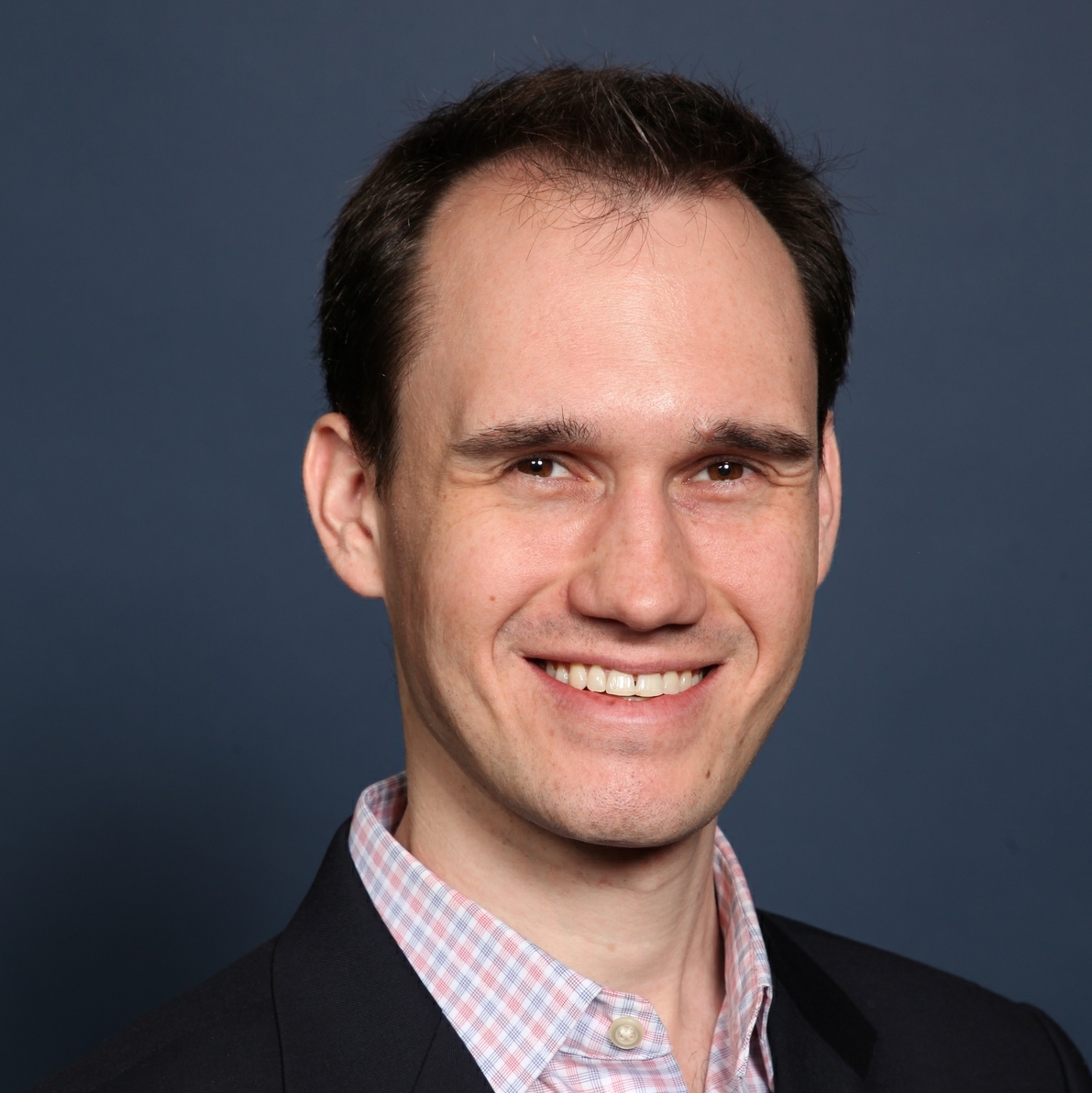Hugh Bender

►Where are you from originally, and where did you go to school?
I’m originally from Wilmington, Delaware, but went to college in North Carolina at Wake Forest University. I then moved on to complete my Ph.D. at Washington University in St. Louis.
►What is your current position?
Postdoctoral Scholar in Christopher Hughes’ lab.
►Why did you decide to become a researcher?
I’ve always been fascinated with how things work in the world around us and why they work the way they do. Growing up, I was always asking those “why?” questions as I played in the yard or at recess. Fast forward to high school when I realized that asking “why?” questions, especially in biology, was a great motivator for me. After college, I decided I wanted to pursue research as a career and I’ve been asking questions ever since.
►What is the “Big Picture” of what you study?
The goal of our project is to improve how we study human islets and type 1 diabetes in the laboratory. For decades, diabetes researchers have relied on either studying human islets floating in a petri dish in the lab or growing in a living mouse. Unfortunately, neither of these tools is a good representation of what happens in the human body during diabetes. With the arrival of “organ-on-a-chip” technology, we’re now able to reproduce parts of a human pancreas in a three-dimensional, easy-to-view tissue. In our model, that means using living blood vessels to deliver immune cells to the islets so we can observe how these cells attack and kill beta cells within the islets, leading to reduced insulin production. This model represents a novel approach that can radically change how we study diabetes.
►What is your favorite aspect of your research?
I’m a cell biologist by training, but I love how interdisciplinary our project and team are. Our platform requires biomedical engineering expertise to work, so I’ve enjoyed learning a (small) part of that field as we designed of our diabetes model. Ultimately though, I’m most excited about how our platform can take an interesting biological question and translate that into new diabetes therapies.
► What do you hope to achieve with your research?
We’ve been limited so far in understanding exactly how immune cells damage or kill beta cells in individuals affected by type 1 diabetes. However, our islet-on-a-chip model affords us a unique opportunity to directly observe the interactions between these two cell types in a way that hasn’t been possible before. I’m hopeful we’ll be able to confirm some observations that have been reported in mice, while also identifying some unique disease mechanisms that can lead to new patient therapies to slow or reverse diabetes progression.
►When not in the lab what are your favorite hobbies/activities?
Anything that involves getting outdoors, from hiking the mountains around Los Angeles to getting a round of golf in on a weekend afternoon.

